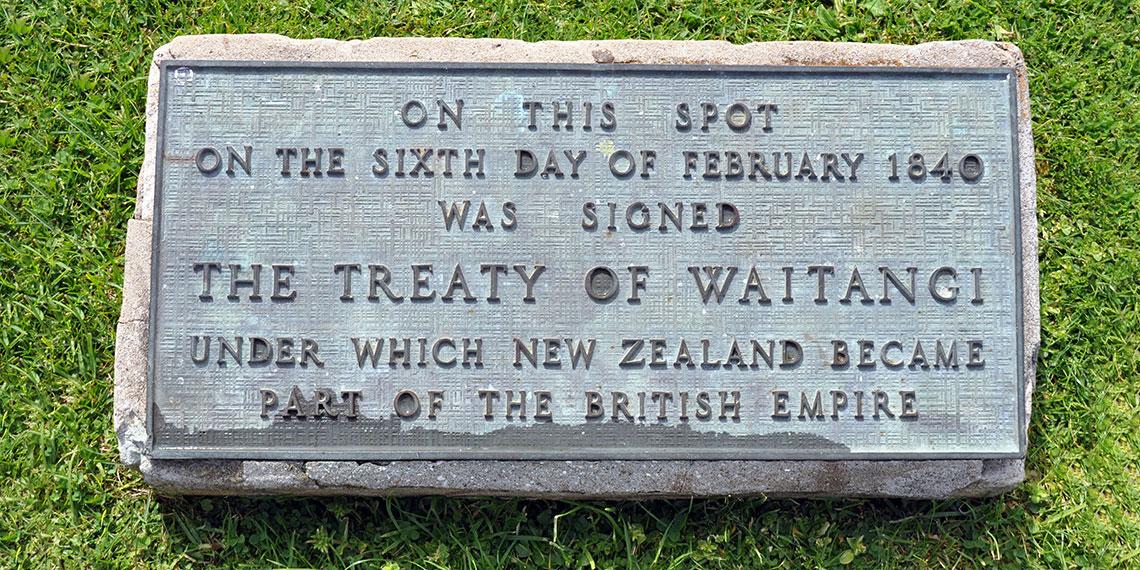You are here
With these hopeful dreamers

Like many New Zealanders, Graham Bidois Cameron (contributor to The Spinoff and newest external member of our Territorial Governance Board) is trying to get his head around bi-culturalism. In a blog post about Waitangi celebrations in his home town of Tauranga he wrote, ‘If I find meaning at all in Waitangi Day, it’s with these hopeful dreamers. Waitangi Day is a repository of our hope for this wonderful little country.’
As Salvationists with our mission of ‘caring for people, transforming lives and reforming society’, and called to be bearers of hope, Graham Cameron’s is one of those voices we need to listen carefully to when it comes to how we approach Waitangi Day.
A Christian and doctoral student of Religion and Theology at Otago University, Graham says, ‘It’s on a day like this that I can believe that the hope of partnership endures despite the betrayals, the racism, the hate, the failure and the loss. We know we’re different from each other, but we have something to offer each other in that diversity. We are trying to be a nation together and the gift of our tāngata whenua is worth protecting, learning and honouring. We don’t need to fear each other, but we do need to be honest with each other. That honesty will include a time for grieving. But that’s not forever.’
We often say that there are two sides to every story—and then there’s the truth. But when it comes to our beloved Aotearoa, this is an unhelpful adage because the truth is, we have a complex and painful history—the effects of which spill over into our present reality. That some of us don’t see it that way sadly illustrates this. Our history needs to be taught, discussed and wrestled with by everyone claiming New Zealand as their home. To speak of ‘sides to the story’ robs us of owning our shared history—honouring the pain of the past—and working together to build a future filled with hope and reconciliation. And yet, there’s one day of the year, when many New Zealanders choose sides—often unintentionally and largely out of indifference.
In 2018 I had the privilege of being welcomed onto Te Tii Waitangi Marae, along with other Northern Division officers and leaders. It was a moving and challenging experience to be faced with the still raw grief and pain of elders who lament the post-colonisation disenfranchisement of many Māori. The emotion that stirred within me that day—and what I can only describe as the grief of the Holy Spirit welling up within me—is something I will never forget.
I don’t know about you, but the choice to engage in Waitangi Day celebrations instead of going to the beach or spending the day in the garden (expressions of indifference I have previously participated in) feels like an invitation from the God of hope and reconciliation.
With Māori making up around 55 percent of our social service clients, William Booth’s ‘I’ll Fight’ call is as real and relevant today in Aotearoa as ever it was. Imagine if that same statistic was represented in our officer ranks, corps leadership and faith communities? I challenge you to look around and consider who is under-represented and over-represented in your corps or centre.
As Salvationists, we have an important and prophetic role to play as a movement that preaches and works for reconciliation, justice, hope and freedom for all. It can’t be the job of Māori Ministry alone to advocate for biculturalism—it will take an Army—a united Army—Māori and Pakeha together.